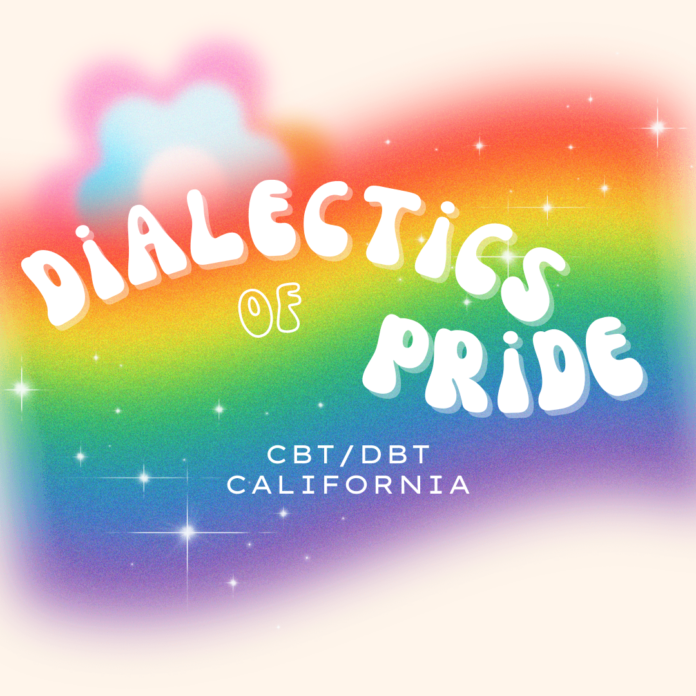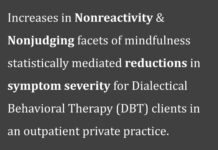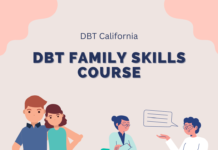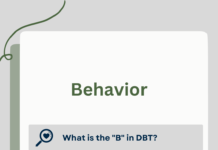As it comes to a close, it may be helpful to reflect on the dialectics of Pride Month 2023. In general, Pride can be a time that brings up a lot of different feelings depending on one’s place as part of the communities or outside them. The experience of Pride Month can also be greatly influenced by one’s intersecting identities. There are countless beautiful ways that these communities express the many other ethnic and cultural identities they may hold. Unfortunately, these experiences are also often affected by many forms of prejudice. These prejudices can exist outside of and even within LGBTQ+ communities.
This year in particular, there are glaring polarities during Pride
One form of this is an image of uniformity within the communities, which is often not inclusive and/or not desired by many (e.g., pride celebrations of fit, white, cisgender, gay men that tend to be loud, crowded, and involving substance use which can be inaccessible to people for many reasons). This year in particular, there are glaring polarities during Pride. On one hand are celebrations where people can revel in so many expressions of gender, sexuality, and love. On the other hand, ongoing and increasing homophobia, transphobia, and harmful legislation (particularly targeting trans children).
It can be hard to hold all of these conflicting experiences and realities at once. In other words, the dialectics of Pride. Trying to understand how the same country can have such deeply divided views of LGBTQ+ individuals’ human rights and autonomy. Grappling with judgment from pervasive heterosexism and cissexism while trying to be proud of being our true selves. Wrestling with impossible and conflicting standards of how to do queerness “right.”
Fortunately, that’s exactly what dialectical thinking is for
Dialectics is the concept that more than one viewpoint can exist at the same time. This doesn’t mean agreeing with all perspectives, merely acknowledging that they exist. This can mean radically accepting that there are people who will never see sexuality and gender the same way, while also radically committing to do whatever one can to express one’s true self and support others to do the same.
It may also mean loving queer communities deeply and still holding them accountable to do better for those with intersecting minoritized identities who are often left out or mistreated in spaces intended to be safe and welcoming. Additionally, we can all step back from the relationship and gender norms we were raised in and evaluate what is actually best for each us to keep in our lives, regardless of our gender identity or the gender(s) of people we’re attracted to.
Pride Month is a reminder that the LGBTQ+ umbrella encompasses a diverse range of experiences. And that those experiences are received with a variety of responses ranging from welcoming to attacking. It can feel impossible to figure out exactly where one fits in the midst of it all or how to process all of those experiences existing at once. In those moments, returning to the concept of dialectics can help us hold multiple realities and act from Wise Mind.
-Alex King, PhD (she/her/hers)




